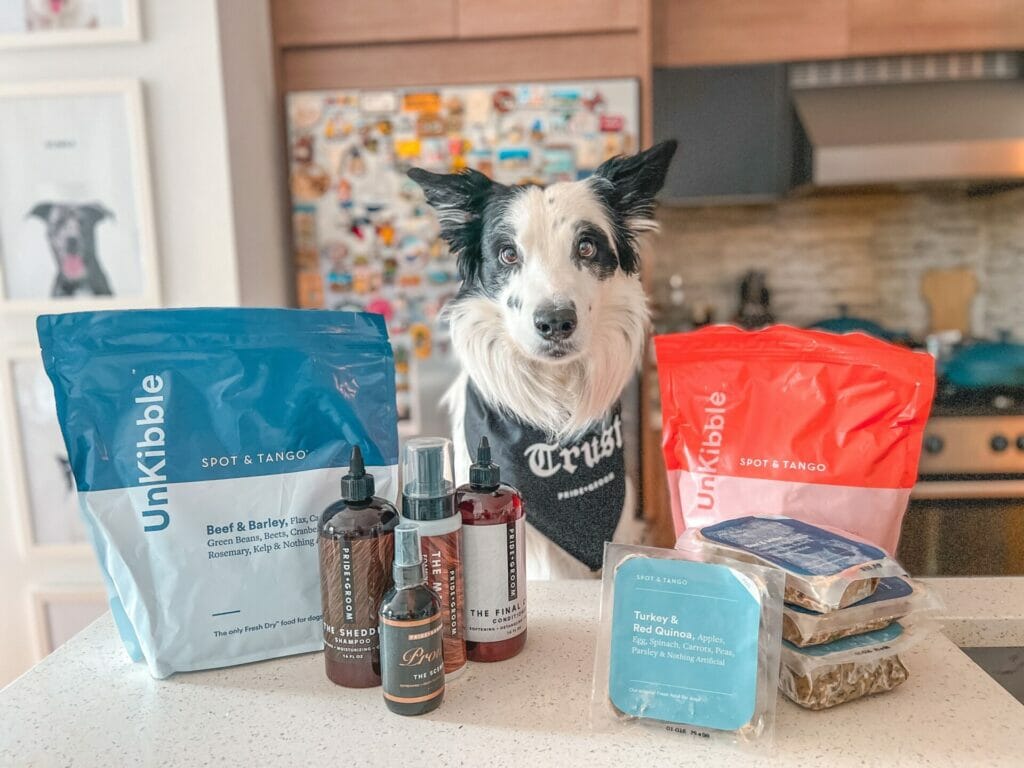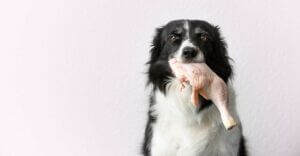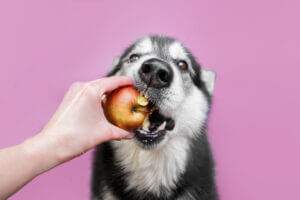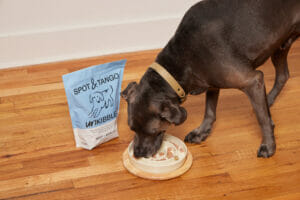Spot & Tango and Pride + Groom got together to chat about our favorite subject: pampering our pups! We know that having a happy and healthy dog is all about feeling good both inside and out, from high quality ingredients in their food to great ingredients on their skin. We spoke with Spot & Tango’s resident Animal Nutritionist, Dr. Susan Lauten PHD, to discuss proper nutrition for your pup and why it is so important to their well-being.
First of all, what is good dog nutrition and how can my dog’s health be affected by what I feed them?
Good dog nutrition is all about a complete and balanced diet with proper ingredients and it is vital in supporting proper growth, organ function, and physical maintenance for activity. In fact, data collected from a 12 year study by Purina showed that dogs who ate a leaner diet lived over 2 years longer than dogs who were overfed. In the same way, deficiencies in a dog’s diet can also lead to health problems related to digestion, bone and muscle development issues, and maybe even brain problems later on in life.
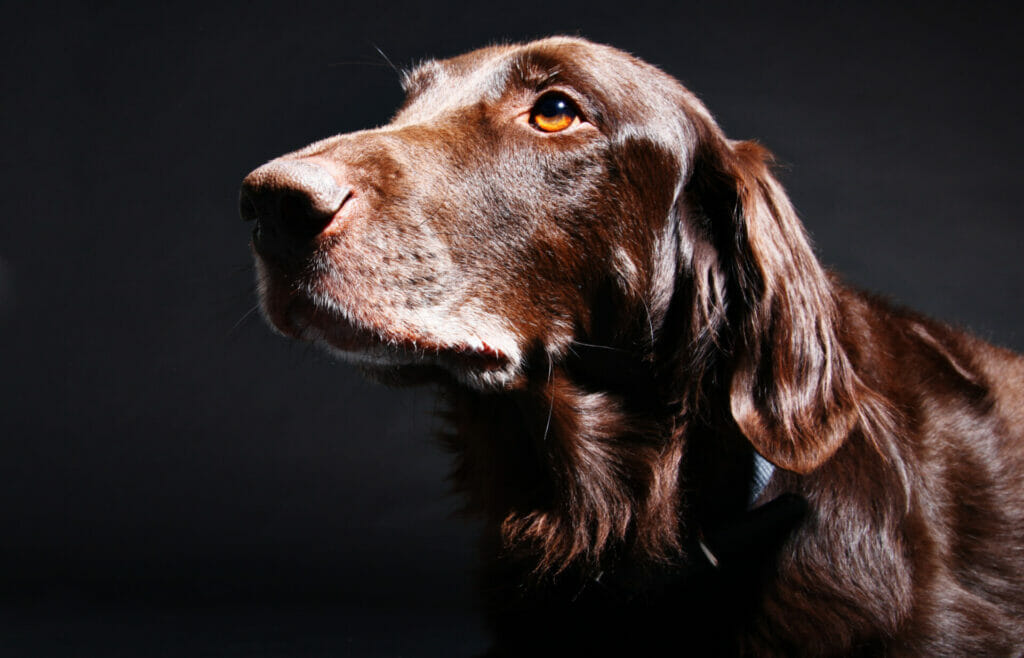
How does food affect coat and skin?
The quality of the ingredients within the food play an important role in the health of your dog’s coat and skin. While normal nutrition can provide what is necessary for your dog to have a healthy skin and coat, there are also ingredients which can be beneficial in a smoother, shinier, and healthier coat. Anything rich in Omegas is great for skin and coat, such as food with Salmon and Cod. Additionally, some dogs have allergies that make them itchy and can cause skin irritations. It’s important to remember that poor quality food often results in poor quality skin and coat for your pup.
Are there differences between puppy, adult, or senior diets?
Yes, there are! A growing puppy’s diet is more calorically dense, and they also need more protein, more fat, and more vitamins and minerals. More salt is also required for all puppies. Puppies’ caloric needs increase steeply within their first year before leveling out as they finish growing. There is a formula that can be used to calculate your pup’s caloric needs taking into consideration their size, age and activity Level. While you can typically find caloric recommendations with commercial dog food, they’re often too high, leading to unwanted weight gain.
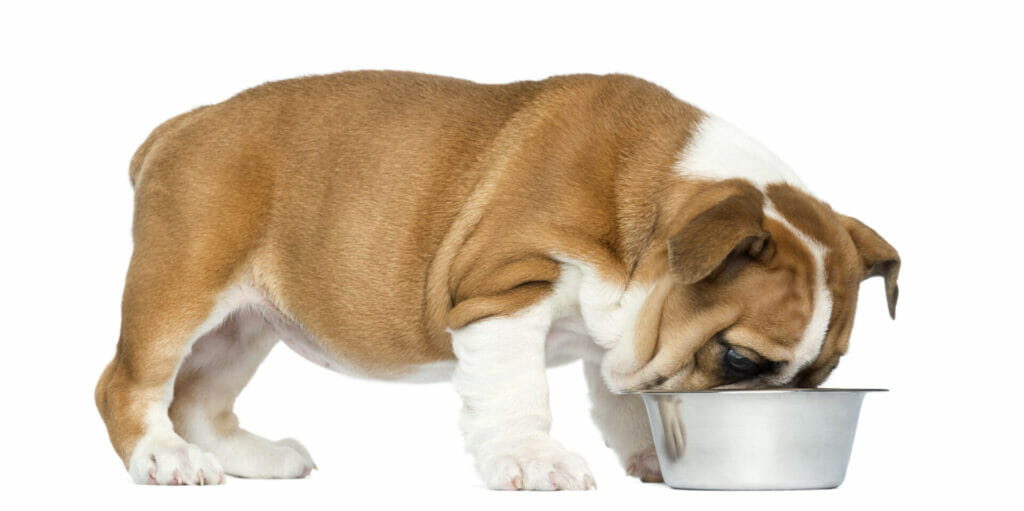
What human foods are best for dogs?
We have an article on our blog, What The Pup, about the safest human foods for dogs which can be helpful to look through. But usually, a good rule of thumb is that human proteins are usually the best table scraps for your pup as long as your pup doesn’t have any allergies.
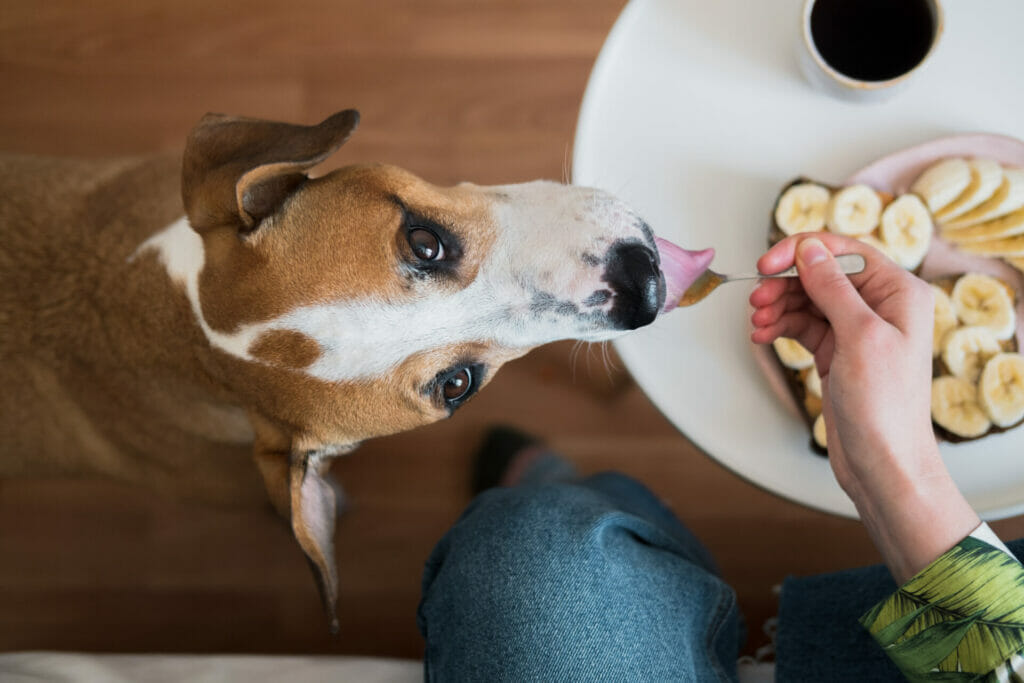
How should a pet parent think about grains?
The whole question about cardiomyopathy and grains still needs to be fully answered and there haven’t been enough thorough studies done to come to a proper conclusion. Nevertheless, as an animal nutritionist, I believe that it’s okay to have grains in your pup’s foods as long as they’re also getting high quality protein. Grains are not a replacement for protein! I’m a proponent of specific high quality grains like quinoa or millet to supplement a meal but am not a fan of rice for dogs as it has no nutritional value.
Why is chocolate so dangerous?
It’s pretty well known that chocolate is dangerous for dogs. But it is in fact the Theobromine within the chocolate which is the issue– it’s a toxin which causes seizures for dogs. It’s just bad news – it can kill a dog so it is really important to be careful keeping it out of reach and avoiding any potential ingestions from your pup.
How is freeze dried food different from frozen?
Freeze dried food is the best treatment for dry pet food because it causes the least amount of reduction of nutrients throughout the process of its production. Air-dried is not nearly as good as freeze-dried because it loses nutrients through the production. The only difference between a freeze dried and frozen food is the water content with freeze dried food having its water removed via the best process for maintaining the most nutrients.
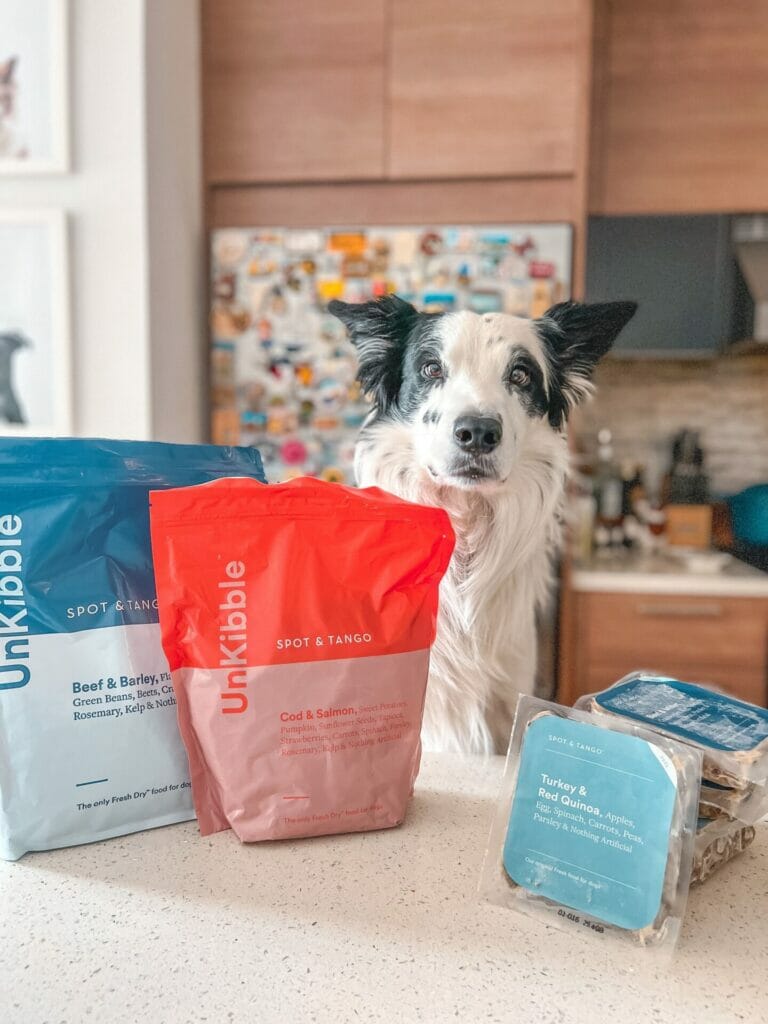
Can kibble or canned food meet my nutritional needs?
If done right, kibble or canned food can absolutely meet your pup’s nutritional needs…. It’s all about the quality of the ingredients inside. Nevertheless it’s probably easier to get healthier and higher quality food from forms other than kibble; the high heat from the process of creating kibble kills molecules and creates molecules that contribute to a decreased life-span of our dogs. Dogs used to regularly live to be 20 years old and now they often only have a life expectancy of 12 years. This is due to a combination of both the terrible processing of kibble as well as the poor quality ingredients within the food itself.
Do you have any questions about your pup’s nutrition? We’re here to help! Reach out at whatthepup@spotandtango.com.


